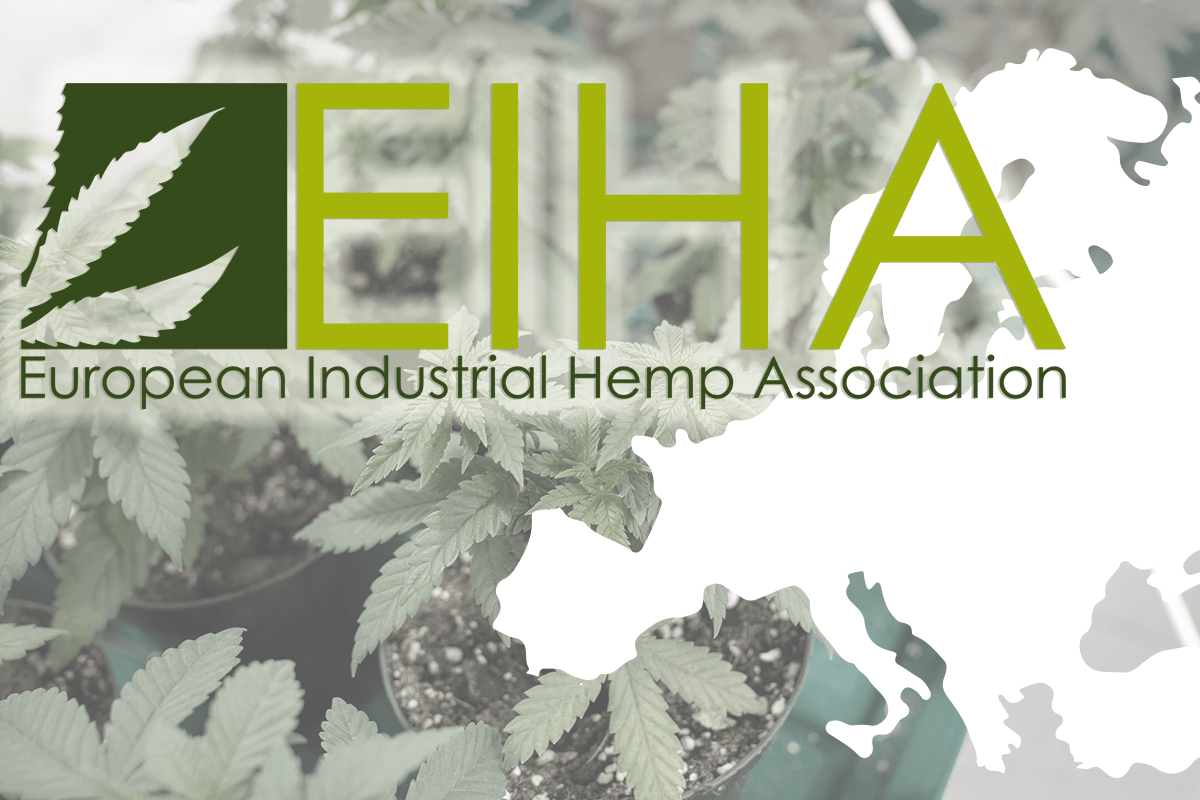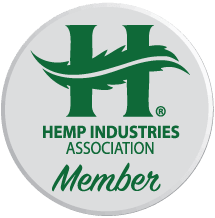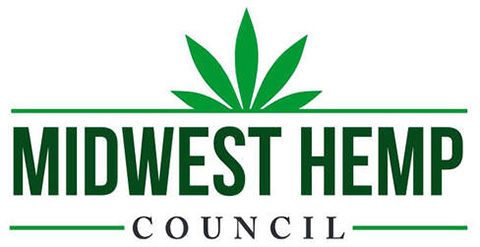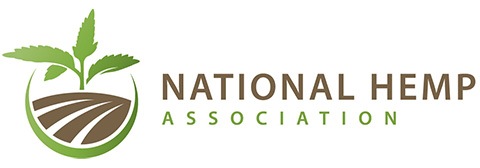
Hemp Benchmarks recently requested information from a wide range of hemp businesses and trade associations around the world. We asked them to talk about their regional markets, as well as the challenges and opportunities facing the hemp sector in their parts of the globe. In the first part of our series we focused on developments in the Australian and Latin America hemp sectors. In the second in a series of international updates, we review developments in the European Union (E.U.) and how they relate to the U.S.’s young hemp industry.
European Union

On its website, the Brussels-based European Industrial Hemp Association (EIHA) says its main task is “to serve, protect, and represent the hemp sector in the E.U. and international policy-making.” In an email to Hemp Benchmarks, Lorenza Romanese, the EIHA’s Managing Director, said the E.U.’s industrial hemp sector has a bright future once the Continent’s regulatory landscape for hemp is clarified.
“At the moment, the biggest obstacle is the legal uncertainty surrounding the production and marketing of hemp-derived products, especially extracts,” she said. “EIHA believes that the great potential of hemp is not only in the upper part of the plant, but mostly in the lower part (i.e., fibers). Achieving a fair and adequate legal framework will allow farmers and operators to invest the money coming from the upper part into [research and development] that will enable the development of hemp fibers.”
The EIHA, Romanese also noted, is facing a challenge in Europe when it comes to getting hemp validated under the E.U.’s Novel Foods rules. According to that regulation, a Novel Food is “any food that was not used for human consumption to a significant degree within the [E.U.] before 15 May 1997.” Foods meeting that classification must be assessed by the European Food Safety Authority (EFSA) before they can be legally marketed in the E.U.
“On behalf of more than 100 partners, we have submitted three different Novel Foods applications to both the EFSA (for the E.U. market) and the FSA (for the U.K. market),” Romanese said. “Moreover, we have commissioned pioneering scientific studies on CBD and THC with the aim of establishing legal and planning security for the European hemp industry and market.”
There has been some good news for EIHA on the regulatory front: Last November, the European Court of Justice (ECJ) ruled that CBD extracted from the cannabis plant should not be considered a narcotic under a 60-year-old classification from the United Nations Single Convention on Narcotic Drugs. “The ruling of the ECJ was one of the best news that we received in 2020,” Romanese noted. “In practical terms, it means that hemp operators will finally be able to market their CBD products within a clear legal framework. This clarification is certainly helping hemp food operators, regulators, and control bodies to work cohesively to legal certainty.”
More recently, on March 23, EIHA announced that its Novel Food Consortium passed an administrative check by the U.K.’s FSA. An EIHA clinical study of the effect of THC on humans is expected to begin this summer. According to an EIHA press release, the study’s outcome will enable the FSA “to determine and establish safe consumption levels of naturally occurring traces of THC in hemp foods and supplements. This study is the biggest ever undertaken and we are all anticipating a positive outcome based on the many years of safe consumption of hemp foods and supplements.”
The View from the U.S.
As mentioned, the United States is a relative newcomer to the international hemp marketplace, but it has great hopes of competing globally. Jody McGinness, Executive Director at the Hemp Industries Association (HIA), acknowledges that the U.S. hemp industry is playing catch-up. “Other countries are not having to deal with prohibitions as recently as the United States, with respect to their developing an international market,” he told Hemp Benchmarks. “The hemp industry in the United States has not yet begun to find its place in the international market.”
That being said, McGinness says the potential for U.S. hemp is great. “There’s already a brand developing about American hemp due to its quality, the climate, and culture,” he added. “Building that brand will be the most significant thing to opening up those international markets.”
Hemp Benchmarks has reported previously on examples of the strength of American hemp’s “brand,” particularly in the CBD realm, which support McGinness’ statement. Earlier this year, Jon Wilcox – Senior Transport Specialist with Fide Freight, a hemp logistics and transportation company – provided Hemp Benchmarks with an account of trends in international hemp exports from the U.S. Wilcox stated that his company has been shipping hemp products internationally since January 2019, but has recently seen international shipments of smokable CBD flower pick up notably. The vast majority of such exports are destined for Europe.
Wilcox said that most shipments are to Switzerland, with Amsterdam and Germany named as other destinations. According to Wilcox, Swiss buyers are increasingly placing recurring orders. While Wilcox could not reveal specific prices Swiss buyers are paying for the product his company is exporting, he stated that smokable flower sold into the European market commands a premium relative to domestic prices, in part due to the perception that U.S.-produced CBD hemp flower is superior to that from other sources.
Another example of European interest in American hemp products came from a February interview with Randy Shultz, CEO of Arcadia Biosciences, an agricultural technology company. In early February, Arcadia announced that four of its hemp cultivars had received certification from the Association of Official Seed Certifying Agencies (AOSCA). Arcadia’s newly-certified varieties are all high-CBD cultivars with distinct traits. AOSCA lists several dozen hemp varieties eligible for certification. However, the vast majority are fiber or grain cultivars of European or Canadian origin, with cannabinoid varieties developed in the U.S. only making it onto the list more recently. In the interview, Shultz stated that entities from Switzerland have shown interest in Arcadia’s CBD hemp genetics, which was the first time that the company had fielded calls from potential overseas customers.
Building Markets Both Domestically and Globally
As with other nations, regulatory uncertainties in the U.S. have hampered the growth of the domestic hemp industry. McGinness calls that uncertainty “a missed opportunity in trying to chart our own course, from a global trade standpoint,” and says the U.S. hemp sector, along with the federal government, needs to reconcile those discrepancies. In the meantime, HIA is partnering with the Canadian Hemp Trading Alliance and the EIHA, and associating with other hemp organizations around the globe. “Until the world gets sane about regulating this plant,” McGinness said, “as long as parts of the world are still trying to actively prohibit the plant, we will always have extra wrinkles – nationally and internationally – to deal with.”
Regarding how the U.S. and Canadian hemp markets might fit into the European hemp sector, Romanese said EIHA is working on a sustainable economic model that promotes both local and globally-connected supply chains. “We want to ensure a solid European market from hemp,” she said, “but we welcome of course the exchange of knowledge and know-how coming from the U.S. and Canadian hemp markets. The only way forward if we want to unlock the potential of hemp and boost its development is to cooperate and share best practices both from a market and regulatory perspective.”



